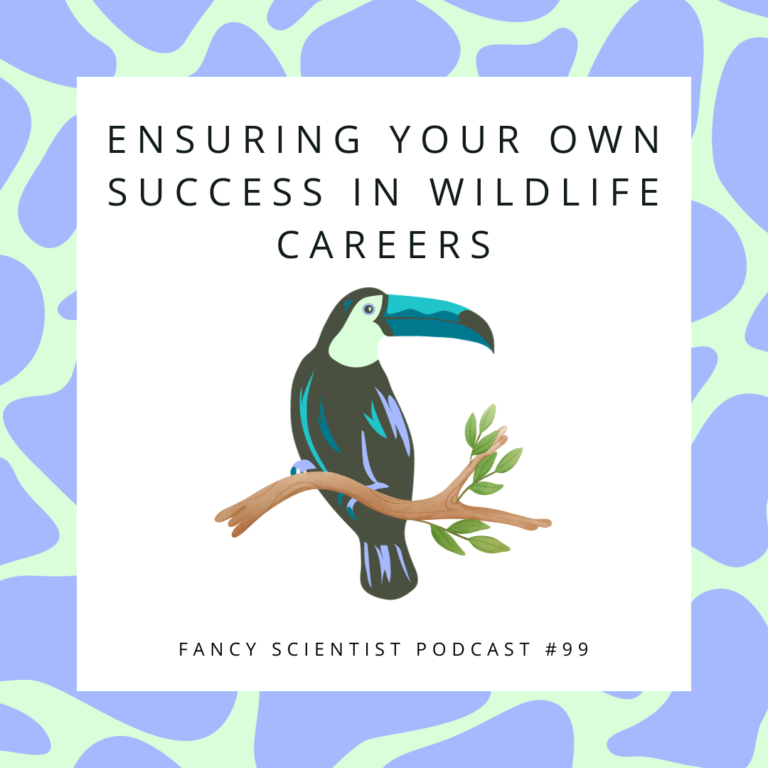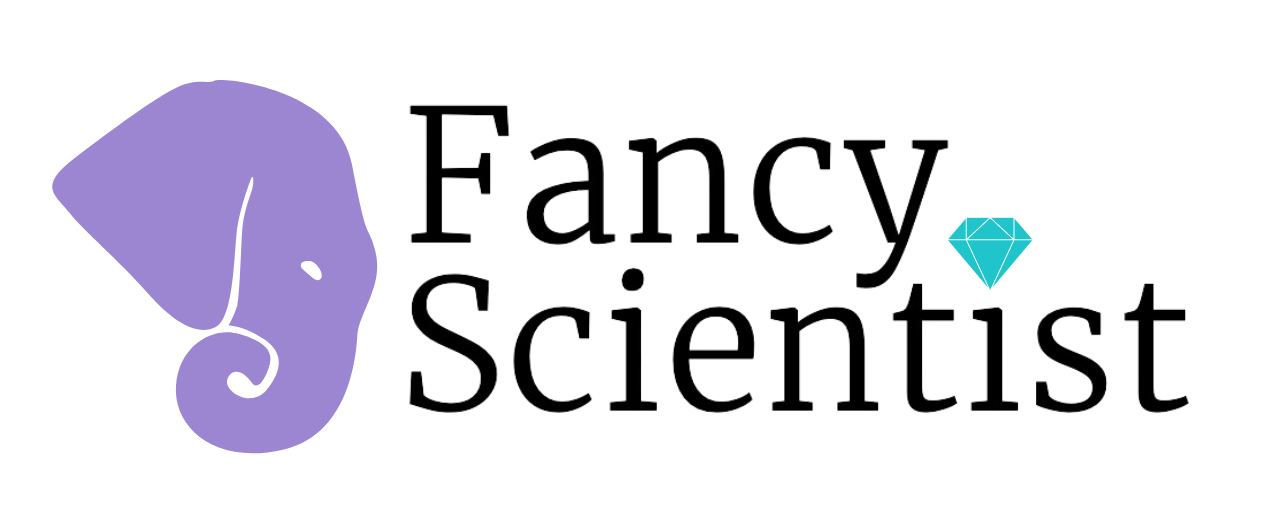This week’s podcast is a little different – instead of interviewing a guest or even doing a solo episode, it’s an excerpt from a professional development session in my Successful Wildlife Professional program.
I had my students watch a podcast interview of Sara Blakely, the founder of Spanx. Chances are, you’re probably thinking, what in the world does slimming undergarments have to do with wildlife careers? Well not a lot, but the lessons from Sara Blakely’s experiences are pure gold and 100% applicable to wildlife careers.
Powered by RedCircle
Life has an uncanny way of leading us down paths we never thought we would go down. Growing up, I had watched my father, a dedicated business owner, tirelessly work to grow his business and support us. Despite his role as an incredible and present father, the store was a constant presence in our lives and he was always thinking about it. Even when he was “off,” he was never really off. Seeing this, I never wanted to own my own business, but now 20 years after I started my career in wildlife biology, I find myself as a small business owner.
I also realized that when I was a scientist, there were SO many similarities between being an entrepreneur and being in research. Even if you’re officially employed by an organization, you are, in a way, an entrepreneur of your own research. You manage your own lab and therefore are in charge of others, you develop your own products (your research), and you sell them to others (writing grants). But most similar to what I observed from my dad, you can always be working and advancing your career by writing more grants, publications, doing outreach, etc. You can always be doing more.
Moreover, both business and scientific research share the common thread of rejection. In the business world, you’ve likely heard that most startups fail, a statistic not too far from the realities of scientific research. There are a myriad of challenges, setbacks, and disappointments that can permeate one’s journey. Be it grant applications, paper submissions, or manuscript rejections, the path is fraught with hurdles.
I introduced this podcast to my students because Sara Blakely’s mindset exemplifies what you need to thrive in the fields of wildlife biology and conservation. It’s a mindset anchored in resilience, self-belief, and the willingness to explore uncharted territories to initiate change. This message is so important that I knew I needed to share it with you too.

The original podcast, “Sara Blakely on writing your billion-dollar story with Lewis Howes,” is a gold mine of wisdom, creativity, and resilience. In this episode, I distill the essence of that podcast, drawing parallels and emphasizing the necessity of adopting such a mindset in our field. If you don’t harbor a deep, unwavering belief that you can succeed, that very lack of faith will be the stumbling block that holds you back. But with a mindset focused on certainty of success and a strong belief in yourself, you’ll discover a way forward no matter what happens.
Sara’s journey took time, approximately seven years, but her unwavering resolve and self-belief carried her through. These are the exact attitudes required for a successful career in wildlife. This episode is not only unconventional but essential. I invite you to be open-minded, take away insights that will enrich your career, and share your thoughts with us.
Specifically, we discussed:
- How Sara’s resilient and creative mindset can be applied to wildlife conservation and scientific research
- The commonality of rejection in both entrepreneurship and science and how to approach it
- Not willing to take no for an answer
- Going after your dream no matter what
- How being an outsider can actually help you
- The need for innovative thinking and the willingness to venture beyond traditional boundaries
- And MORE!!
Resources and Sources in Ensuring Your Own Success in Wildlife Careers
Love this post? Share it with friends!




